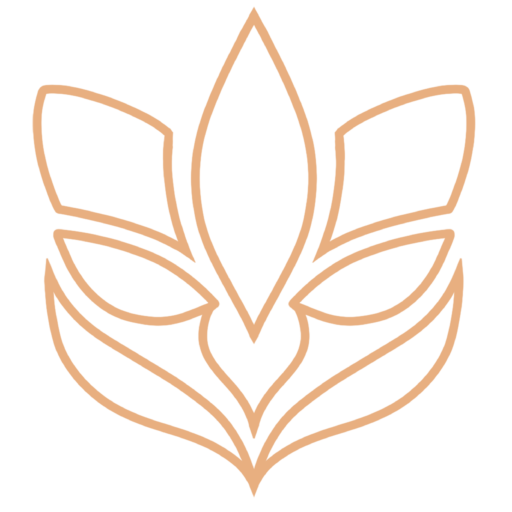The use of herbs to treat anxiety is rooted in ancient traditional healing practices that span cultures and civilizations. Over time, these practices have evolved and adapted to the changing understanding of anxiety and the availability of scientific research.
Many herbs, such as lemon balm, passionflower, and blue vervain, have been used for centuries in traditional medicine systems like Ayurveda, Traditional Chinese Medicine (TCM), and Native American healing practices to alleviate stress and anxiety. These early remedies were based on observed effects and often lacked scientific explanations.
As the field of modern medicine advanced, there was growing interest in understanding the mechanisms behind herbal remedies. Scientific research has since provided evidence supporting the anxiolytic (anxiety-reducing) properties of various herbs. Studies have revealed the presence of bioactive compounds in these herbs that can interact with neurotransmitter systems in the brain to reduce anxiety.
Herbal remedies have found their way into mainstream medicine and mental health practices, as people have recognized that botanicals can support mental health while having few side effects. Some herbs are incorporated into pharmaceuticals or dietary supplements designed specifically for anxiety relief, such as our new Zen Blend.
Advances in healthcare have also led to a more personalized approach to herbal treatments. Healthcare providers may consider an individual’s unique physiology and genetics when recommending herbal remedies for anxiety.
Herbal treatments can be used alongside other therapies, such as psychotherapy and lifestyle modifications, to provide a comprehensive approach to anxiety management.
Herbs have evolved from ancient, tradition-based remedies to being integrated into modern medicine and mental health practices. Scientific research, standardization, and clinical validation have played key roles in this evolution, making herbal treatments for anxiety more accessible and reliable for those seeking natural alternatives to manage their anxiety. However, it’s essential to consult with a healthcare professional before using herbal remedies, especially if you have underlying health conditions or are taking medications.
